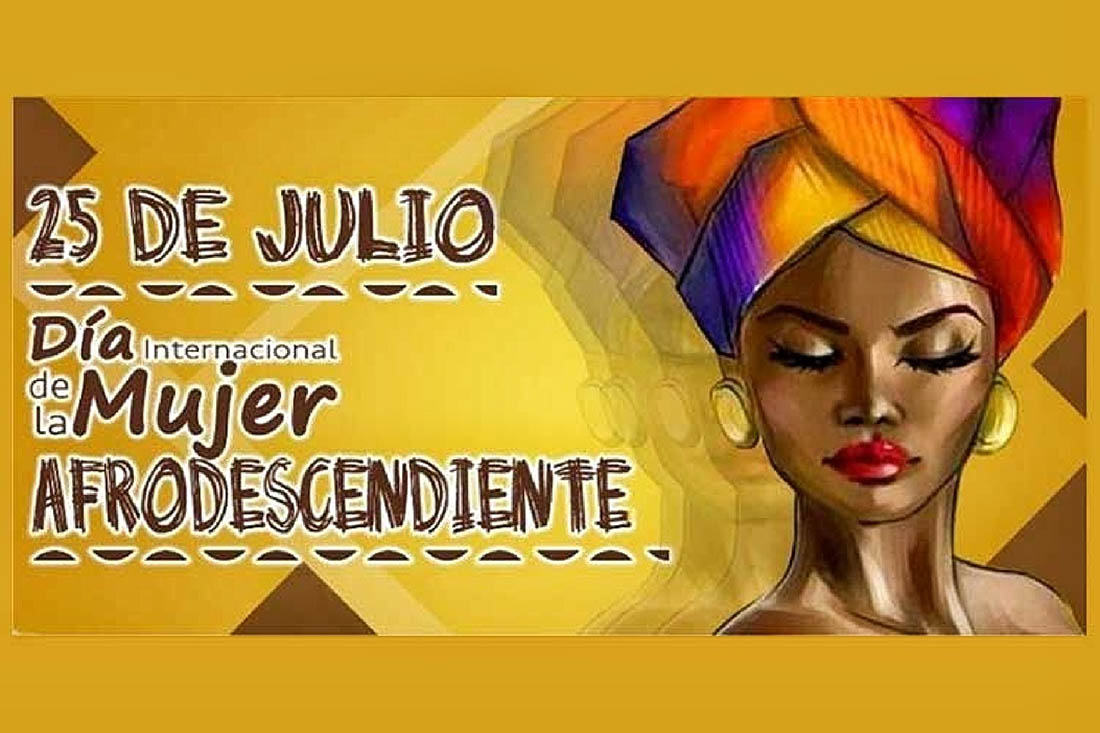Gemilys Jiménez Álvarez is an enterprising and determined woman. She has afro hair and a smile that unfolds in energy and charisma, so her challenges come to her as tests of life, as tests of a force that arises when the universe conspires in her favor.
She introduced herself at the House of Cultural Diversity of Camagüey, she did it for the first time since she assumed the guidance of the Q Black line in Camagüey. She took the microphone after Niriana Rodríguez Tejeda :: daring and complicit in so many stories of girls and women who learned to love her hair with natural products. From her, they learn the value of an enterprise that goes beyond a commercial proposal.
Both convey pride. That is why the House, an institution of the Office of the Historian of Camagüey city (OHCC), gradually serves as a stage for celebrations such as the International Day of Afro-Caribbean, Afro-Latin American Women and the Diaspora, the date chosen to commemorate the first congress where more than 400 women from the region met. In the Dominican Republic, 1992, the agenda included issues related to sexism, migration and poverty.
Why is it necessary to celebrate July 25th? Yoelxy Pilliner López, president of the Slave Route Provincial Committee, explained as the opening of the Miradas de Mujer activity that “it is a significant date because it serves to make Afro-descendant women visible and contributes to the eradication of stigmas such as racial discrimination and also enhances the value of Cuban women, in general”.
A day in July at home
A little after five in the afternoon on Saturday the 23rd, the fabrics of Manu Auri, part of the Plaza Art Project of the OHCC, were merged, the girls wore their braids and the young women the scarves that keep behind the knot a history of resistance. Songs and dances came with the talent of Nancy Avilés and the Duo Voces.
This is the first of many meetings. Gemilys intends it to be so. With the desire of those who start and the experience of a path that Niriana began, Q Negra and Betel can become inspiring products for women from Camagüey.
Just like the braids and turbans that used to hide routes, nowadays, these offers represent security, trust and identity. Behind each proposal is the Cuban culture enriched and safeguarded in the hands of those who are just learning about diversity, love and respect.
“I want to start an entire educational process because it is not just the mere marketing of products. We have to make girls see that their natural hair is also beautiful from an early age,” says Gemilys.
In that sense, she begins a whole work of perseverance. Saturday afternoon was the sure start of a road full of white, mestizo and black hands; Afro hair, curly, straight and with turbans. All united in a place where the knowledge of the multicultural plurality of the city is promoted as an expression of the Camagüeyan identity, through the socio-cultural management of the material and immaterial heritage.
Translated by: Aileen Álvarez García






